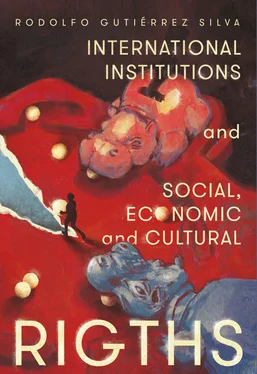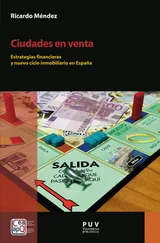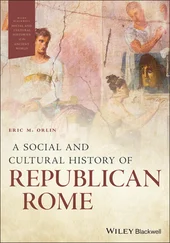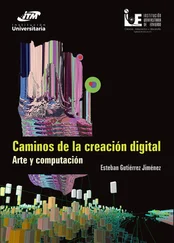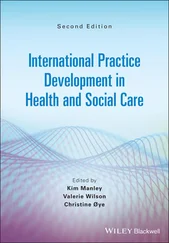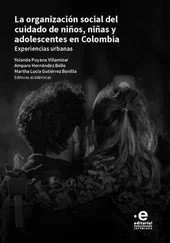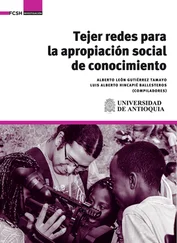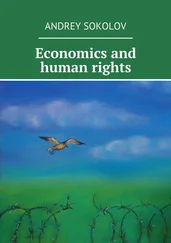un Committee on Economic, Social and Cultural Rights (cescr) (4 Feb, 2008). General Comment No. 19: The right to social security (Art. 9 of the Covenant), E/C.12/GC/19. https://tinyurl.com/ygqa5vo4
un Committee on Economic, Social and Cultural Rights (cescr) (20 Jan, 2003). General Comment No. 15: The Right to Water (Arts. 11 and 12 of the Covenant), E/C.12/2002/11. https://tinyurl.com/yzkdkwev
un Committee on Economic, Social and Cultural Rights (cescr) (11 Aug, 2000). General Comment No. 14: The Right to the Highest Attainable Standard of Health (Art. 12 of the Covenant), E/C.12/2000/4. https://tinyurl.com/yhemp7zd
un Committee on Economic, Social and Cultural Rights (cescr) (8 Dec, 1999). General Comment No. 13: The Right to Education (Art. 13 of the Covenant), E/C.12/1999/10. https://tinyurl.com/ydtdmc2p
un Committee on Economic, Social and Cultural Rights (cescr) (12 May, 1999). General Comment No. 12: The Right to Adequate Food (Art. 11 of the Covenant). https://tinyurl.com/ygxg8svh
un Committee on Economic, Social and Cultural Rights (cescr) (10 May, 1999). General Comment No. 11: Plans of Action for Primary Education (Art. 14 of the Covenant), E/1992/23. https://tinyurl.com/yzpdadqb
un Committee on Economic, Social and Cultural Rights (cescr) (20 May, 1997). General Comment No. 7: The right to adequate housing (Art.11.1): forced evictions, E/1998/22. https://tinyurl.com/yh52ps6y
un Committee on Economic, Social and Cultural Rights (cescr) (13 Dec, 1991). General Comment No. 4: The Right to Adequate Housing (Art. 11 (1) of the Covenant), E/1992/23. https://tinyurl.com/yfqkcxvc
un Committee on Economic, Social and Cultural Rights (cescr) (14 Dec, 1990). General Comment No. 3: The Nature of States Parties’ Obligations (Art. 2, Para. 1, of the Covenant). https://tinyurl.com/yjhnazaj
un Committee on Economic, Social, and Cultural Rights (cescr) (7 Apr, 2016). General comment No. 23 (2016) on the right to just and favorable conditions of work (article 7 of the International Covenant on Economic, Social and Cultural Rights), E/C.12/GC/23. Rhttps://tinyurl.com/yz42rhks
un General Assembly (5 March, 2009). Optional Protocol to the International Covenant on Economic, Social and Cultural Rights: resolution / adopted by the General Assembly, A/RES/63/117. https://tinyurl.com/ygayc86v l
un General Assembly (16 Dec, 1966). International Covenant on Economic, Social and Cultural Rights, United Nations, Treaty Series, vol. 993. https://tinyurl.com/ydwd52qp
un General Assembly (10 Dec, 1948). Universal Declaration of Human Rights, 217 A (III). https://tinyurl.com/yg2yezkd
un (2020). World Social Report 2020 Inequality in a rapidly changing world. Department of Economic and Social affairs.
undp (2020). Charting pathways out of multidimensional poverty: Achieving the SDGs. https://tinyurl.com/ygra7j5w
unhcr (2015). Global Trends Forced displacement in 2015. https://www.unhcr.org/576408cd7
Valticos, N. (2013). International labor law. Springer Science & Business Media.
Zainal, Z (2007). Case study as a research method. Jurnal Kemanusiann. https://tinyurl.com/ygheq68t
Tallberg, J., Zürn, M. (2019) The legitimacy and legitimation of international organizations: introduction and framework. Rev Int Organ 14, 581-606. https://doi.org/10.1007/s11558-018-9330-7
The Economist (9 Aug, 2005). Corruption at the heart of the United Nations. https://tinyurl.com/yec8gptc
1According to the unhcr (2015), the indicators of internally displaced people worldwide have been increasing since the second world war. Statistics suggests that, in 2019 there were potentially 70.8 forcibly displaced people worldwide of which 41.3 million were Internally displaced population, 25.9 million were refugees (mainly from Syria, Afghanistan and South Sudan) and 3.5 million were asylum seekers.
2The unhcr is an international organization whose mission is to protect the rights of refugees worldwide as well as stateless people and forcibly displaced communities. In 2019, the unhcr employed around 16,803 people based in 134 countries.
3Among the minimalist interventions used by the World Bank are, for instance, the promotion of minimum cash payments or cash transfers for unemployed people living in extreme poverty. This minimal assistance differs from the Universalist approaches to poverty reduction adopted, for instance, in countries with a universal welfare state such as Sweden, Denmark or Norway.
4According to the un (2020) “Income inequality has increased in most developed countries and in some middle-income countries, including china and India, since 1990. Countries where Inequality has grown are home to more than two thirds (71 per cent) of the world population”.
5According to the un 2020 “Across 107 developing countries, 1.3 billion people – 22 percent – live in multidimensional poverty”.
6This process of fragmentation is taking place everywhere in all areas, namely, political, economic, social, technological and legal.
7Human rights are universal meaning that it applies to everyone. They are inalienable, they cannot be taken away and indivisible and this implies that they are interconnected.
8For instance, Italy (1947), Germany (1949), Portugal (1976), Spain (1978) and Greece (1975) among others.
9Oil Crisis (1973), Western Countries initiate diversification and energy saving policies.
10Iranian Revolution (1973). The overthrow of the Shah and the establishment of the Islamic Republic in Iran caused a second oil crisis.
11In 1980 an invasion of Iran by Iraq took place. Saddam Hussein was the president of Iraq at that time until 1988, this period ended with more than 1 million soldiers killed.
12Black Monday in which millions of investors flocked to sell their shares on the New York Stock Exchange.
13In 1994, the Mexican Government was unable to maintain its fixed exchange rate against the dollar leading the country to devaluate the Mexican peso.
14Economic crisis in Asia caused because of the devaluation of the Thai Currency. This had repercussions in several countries in the region.
15In 1998, the country collapsed its national banking system leading to a suspension of international payments as well as a devaluation of the rublo.
16In 2001, the country did not have the funds to maintain the fixed parity of the peso against the dollar leading the country also to sustain the payment of its debt.
17There have been several recessions worldwide, the most recent was in 2008 due to the subprime mortgages.
18According to the Center for Economic and Social Rights (2012) “poor human rights outcomes are usually connected to dysfunctions in institutions, social structure, or lack of political will” (p. 23).
19This mechanism can also receive individual communications, individual victims of escr can complain allowing the committee to adopt decisions, to express their views as to whether or not there has been a violation of their rights.
20The Protocol (2014) “creates a mechanism whereby rights holders can submit complaints of violations of any Economic, Social and Cultural Rights and hold States accountable to their obligations to respect, protect and fulfil Covenant rights, including the human rights to adequate housing, food, water, sanitation, health care, education and social security”.
21The UK, through a referendum process, decided to leave the European Union.
22“From 1919 to 1978, the International Labor conference adopted 151 conventions and 159 recommendations” (Valticos, 2013, p. 20).
23Populism is a rejection of pluralism (Müller, 2016). Far right parties are increasing worldwide.
24According to Zainal (2007) Case study research “…can be considered a robust research method particularly when a holistic in-depth investigation is required” (p. 1)
Читать дальше
